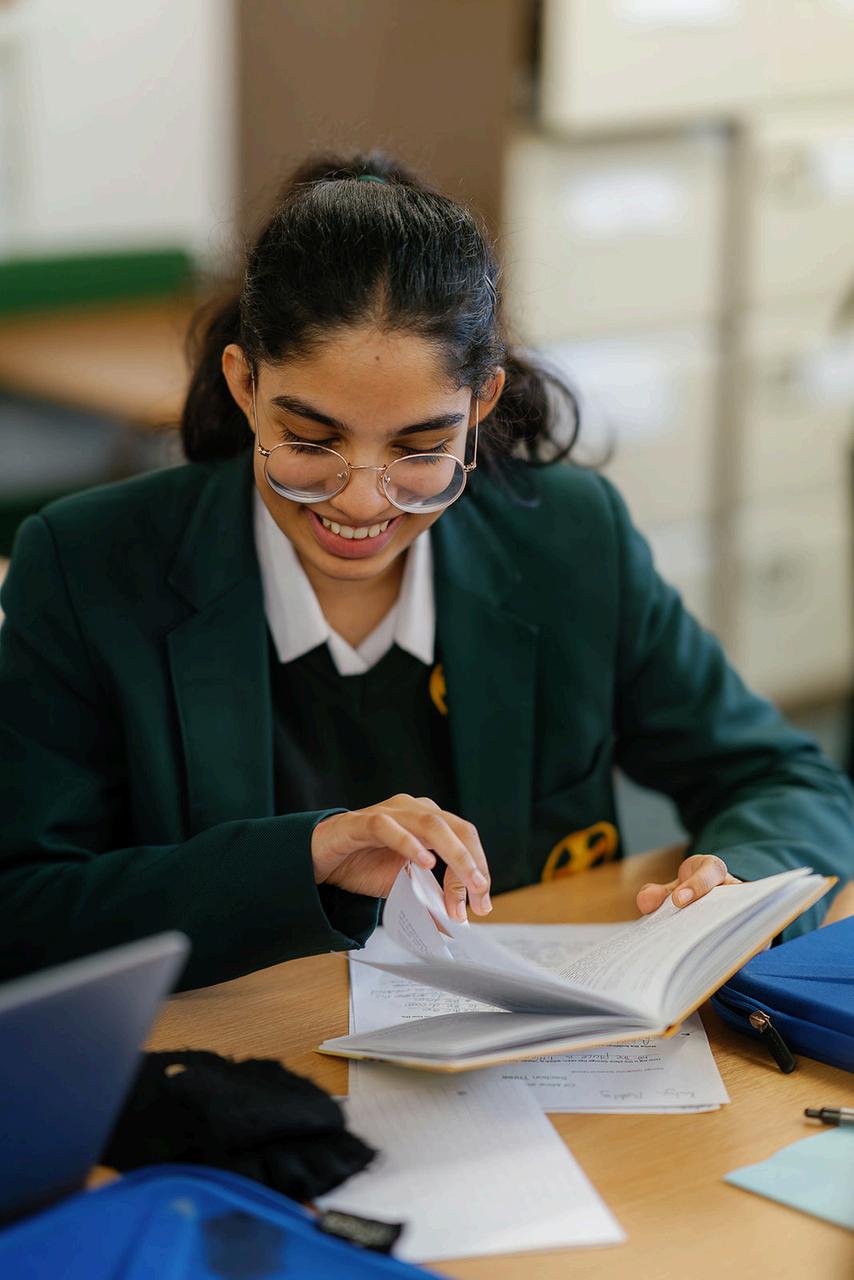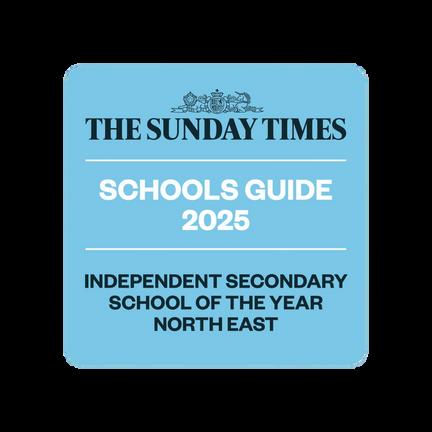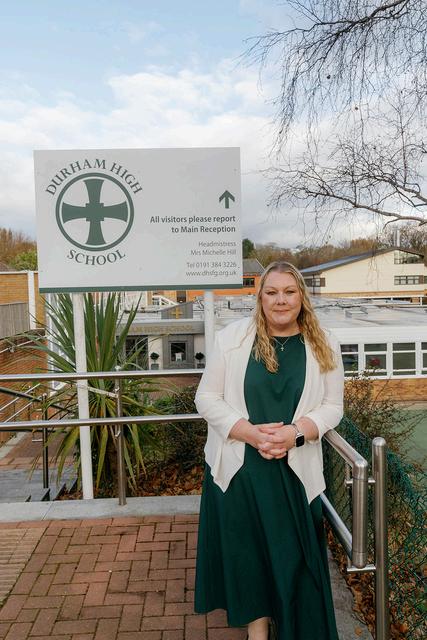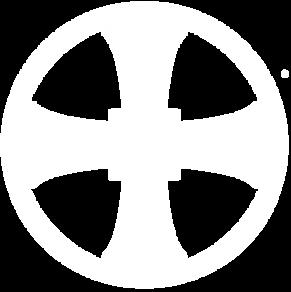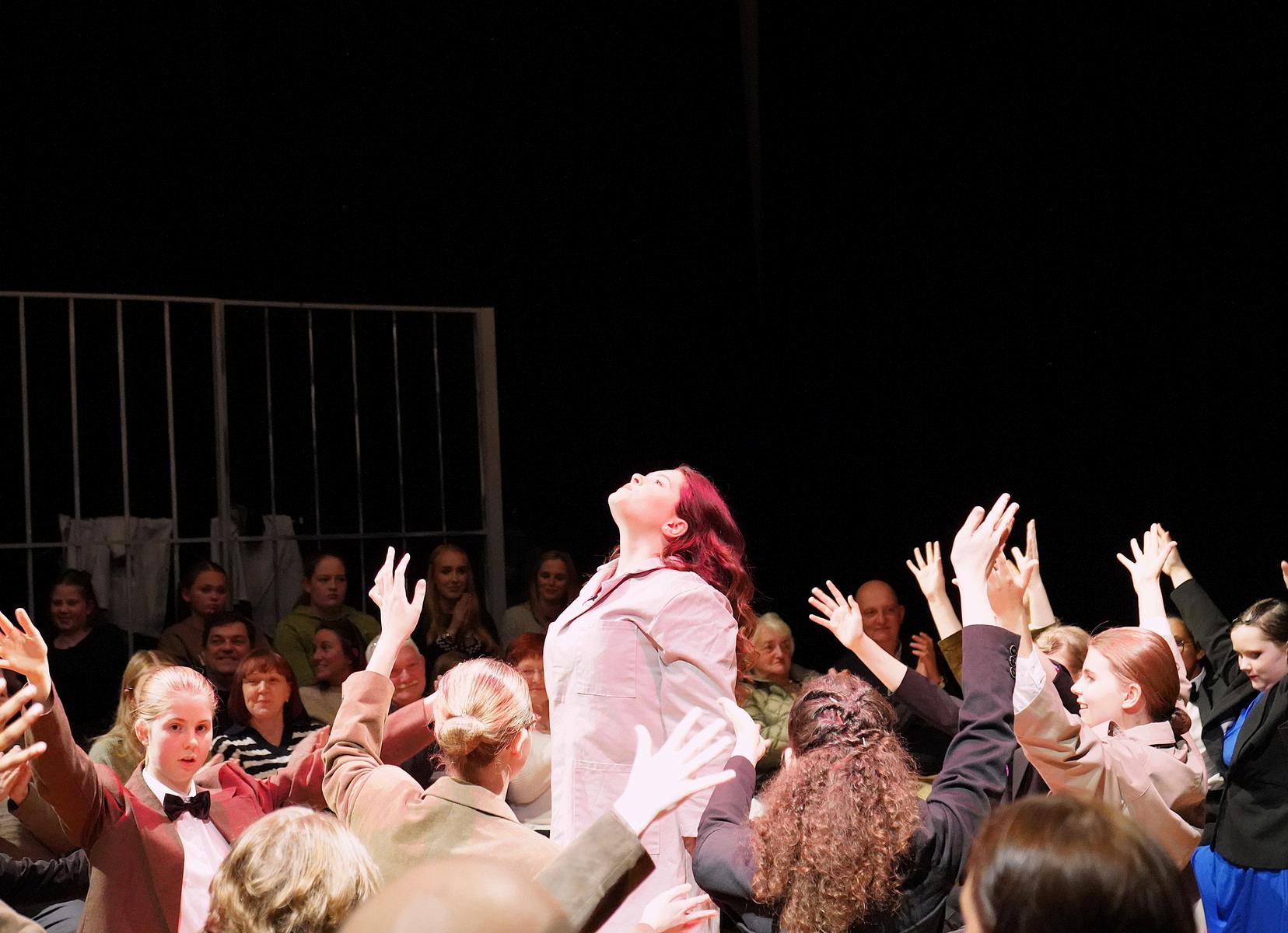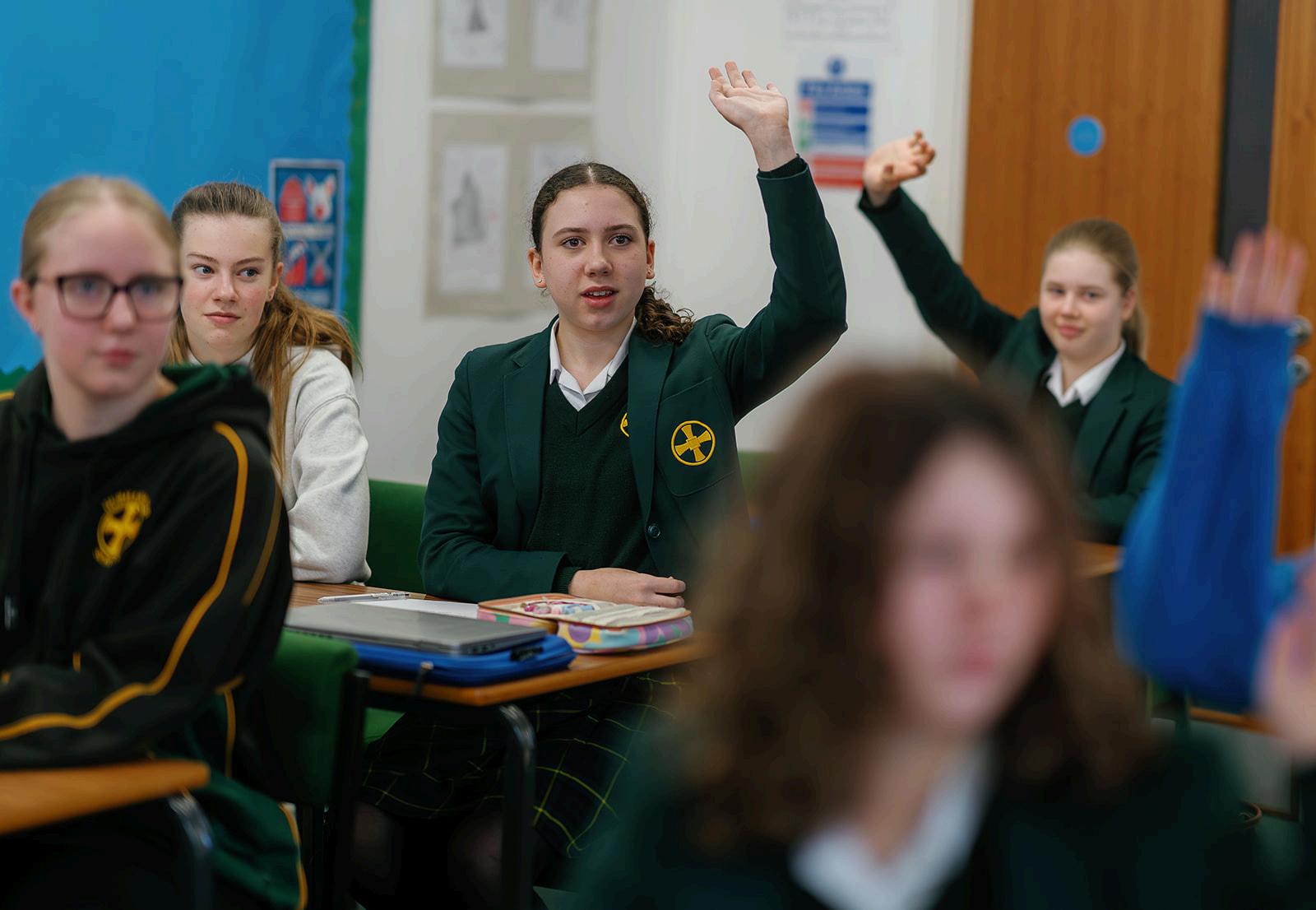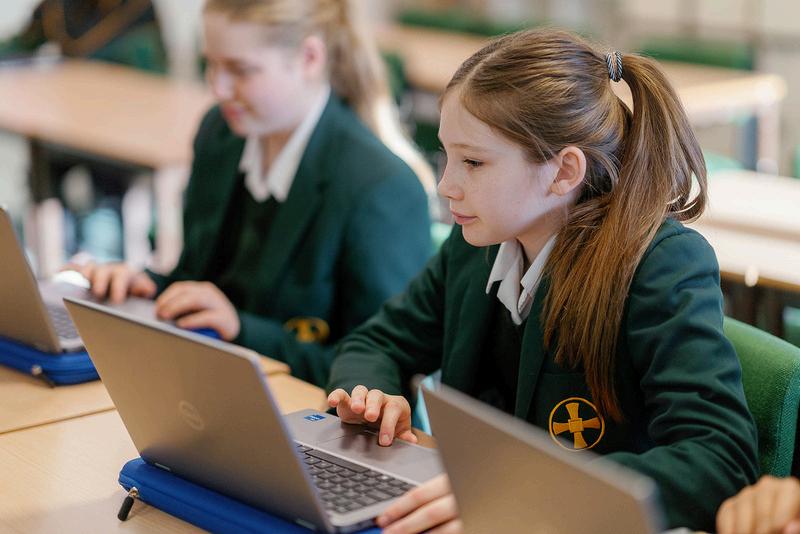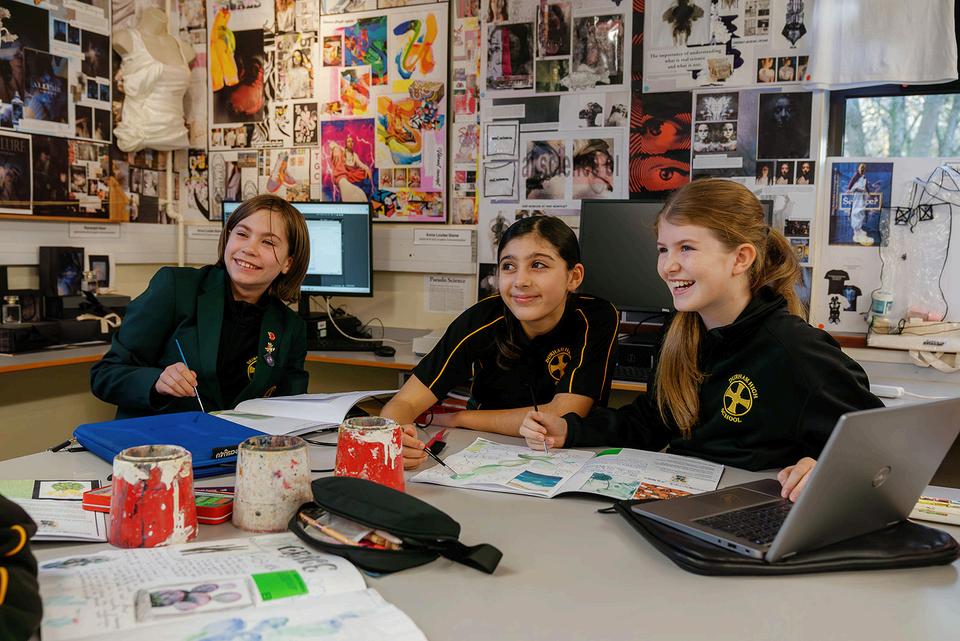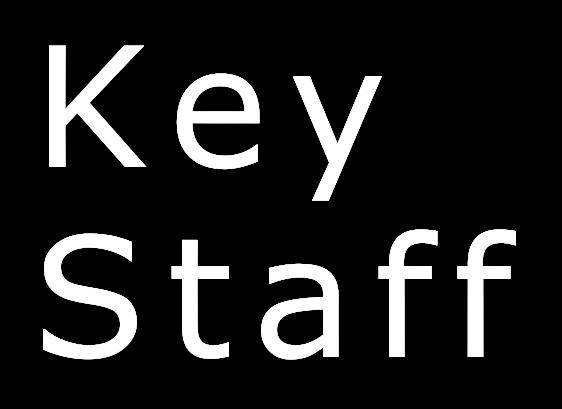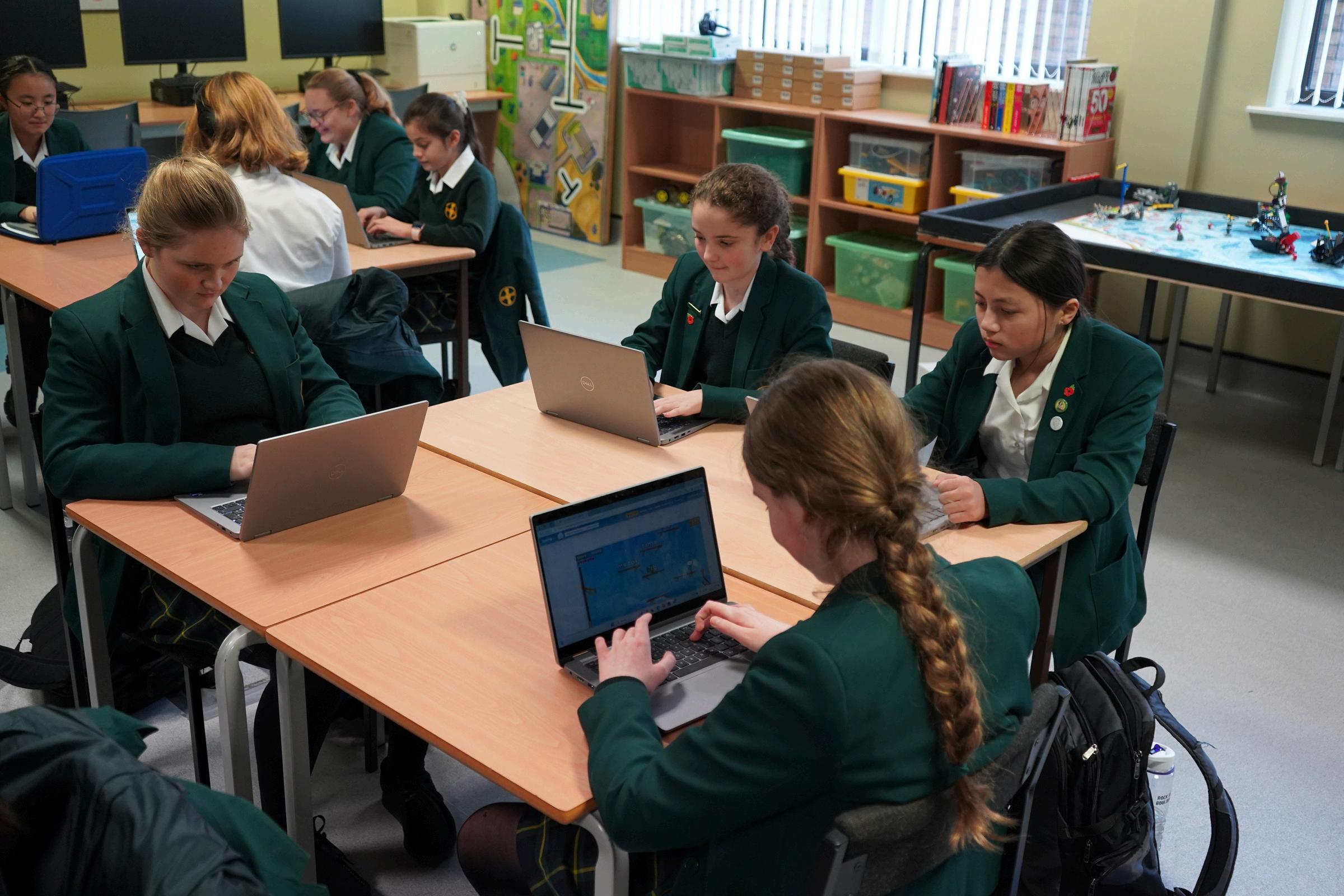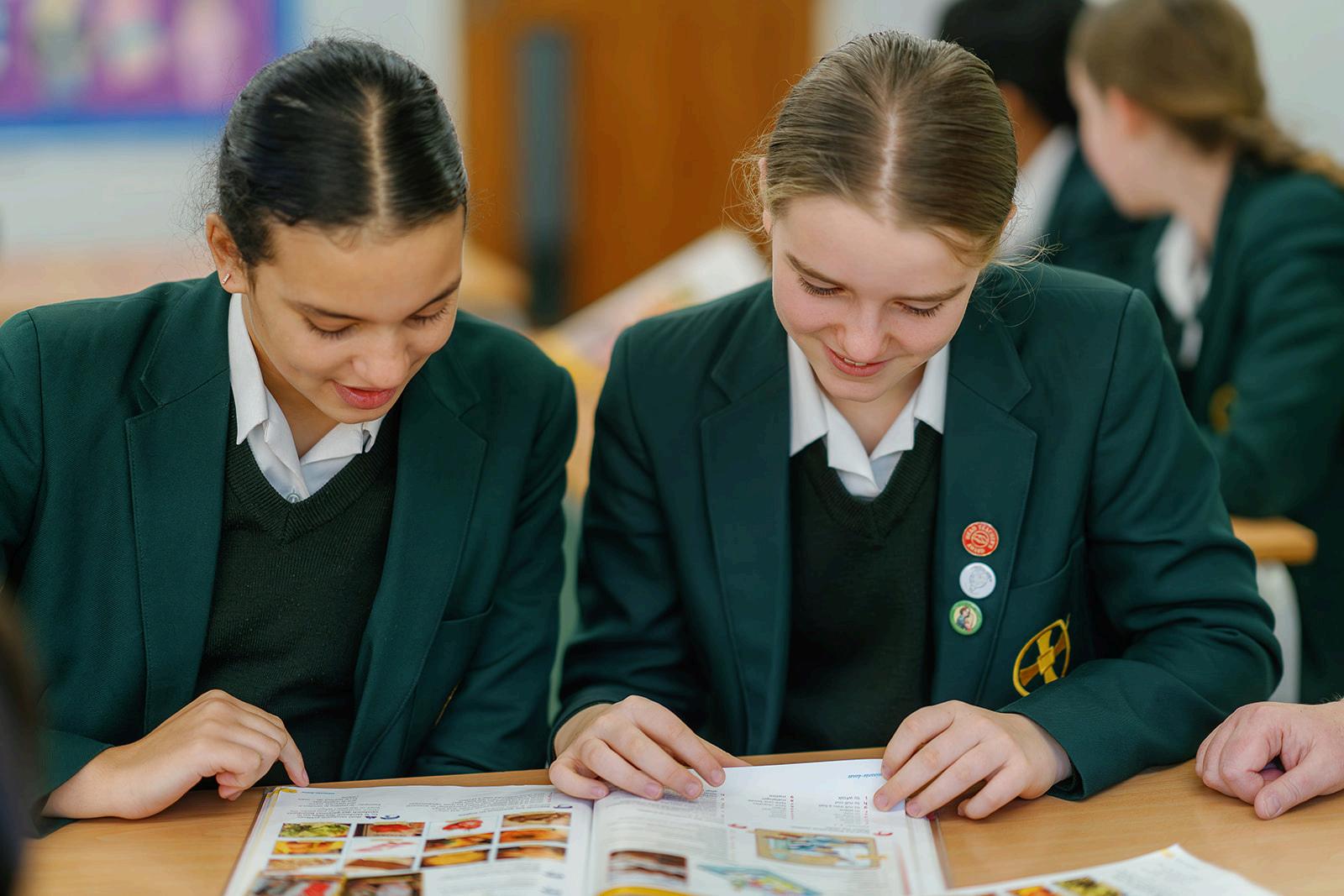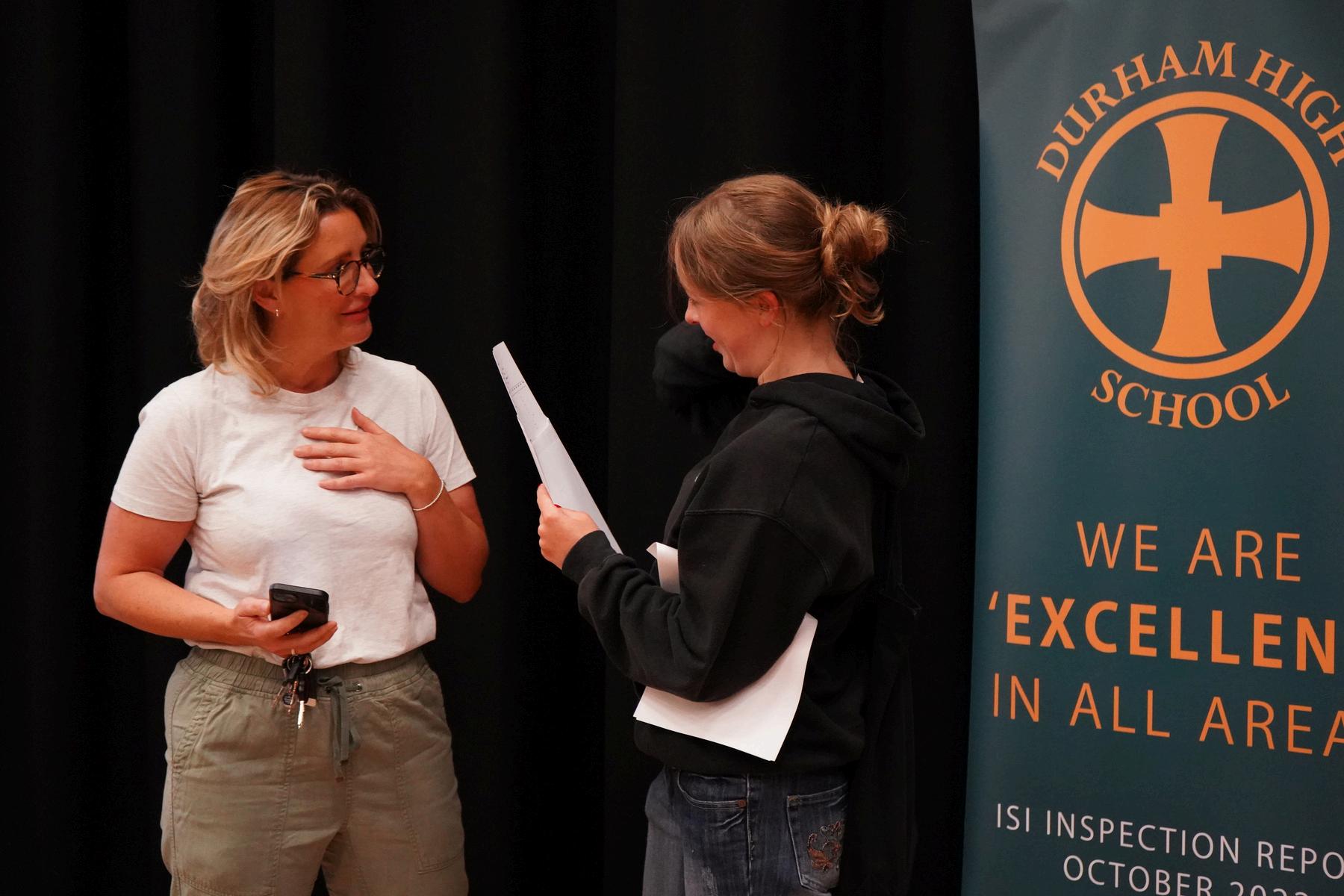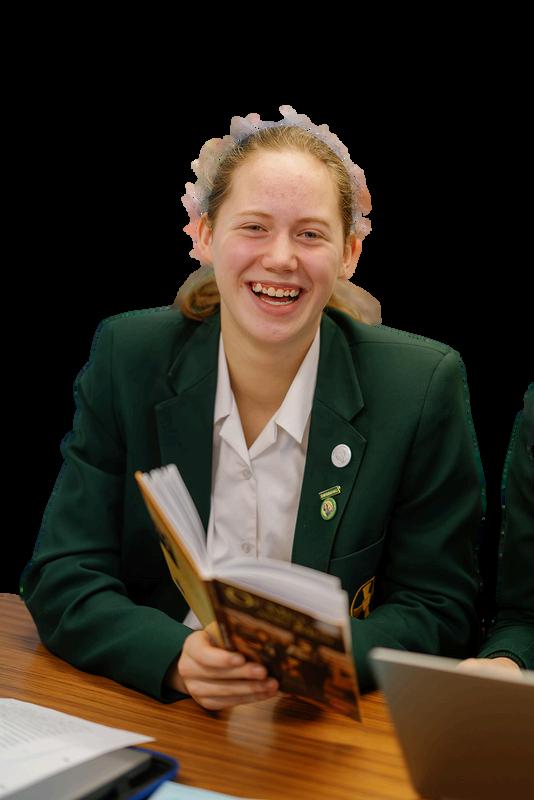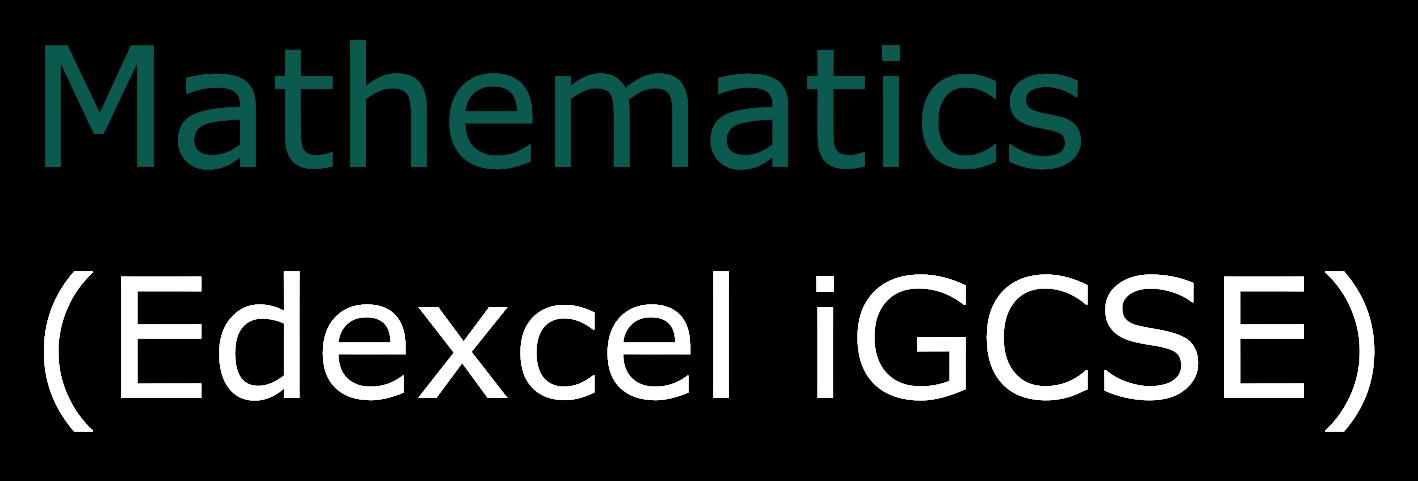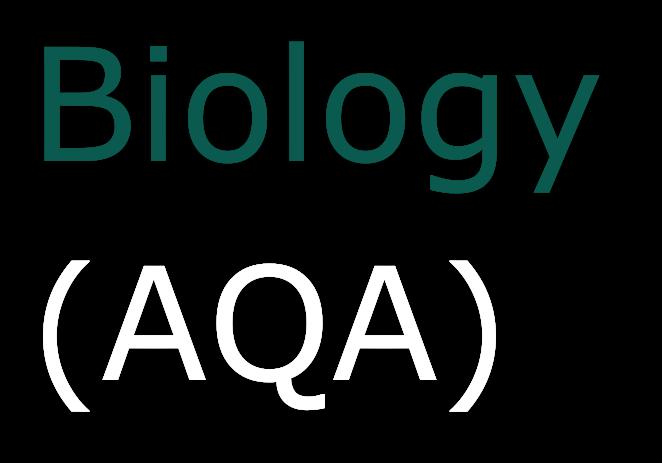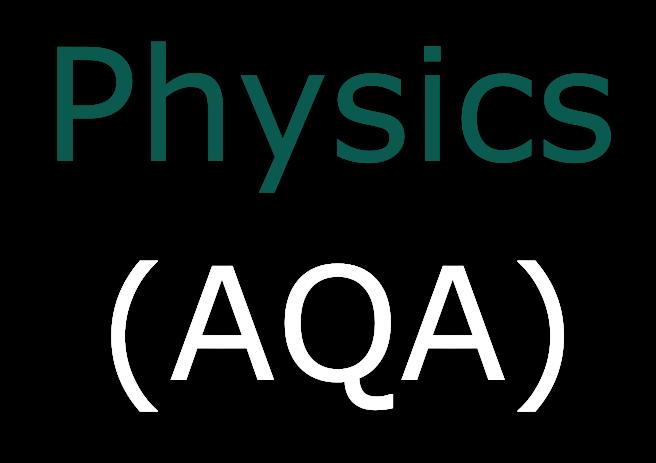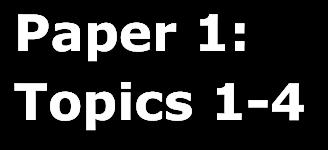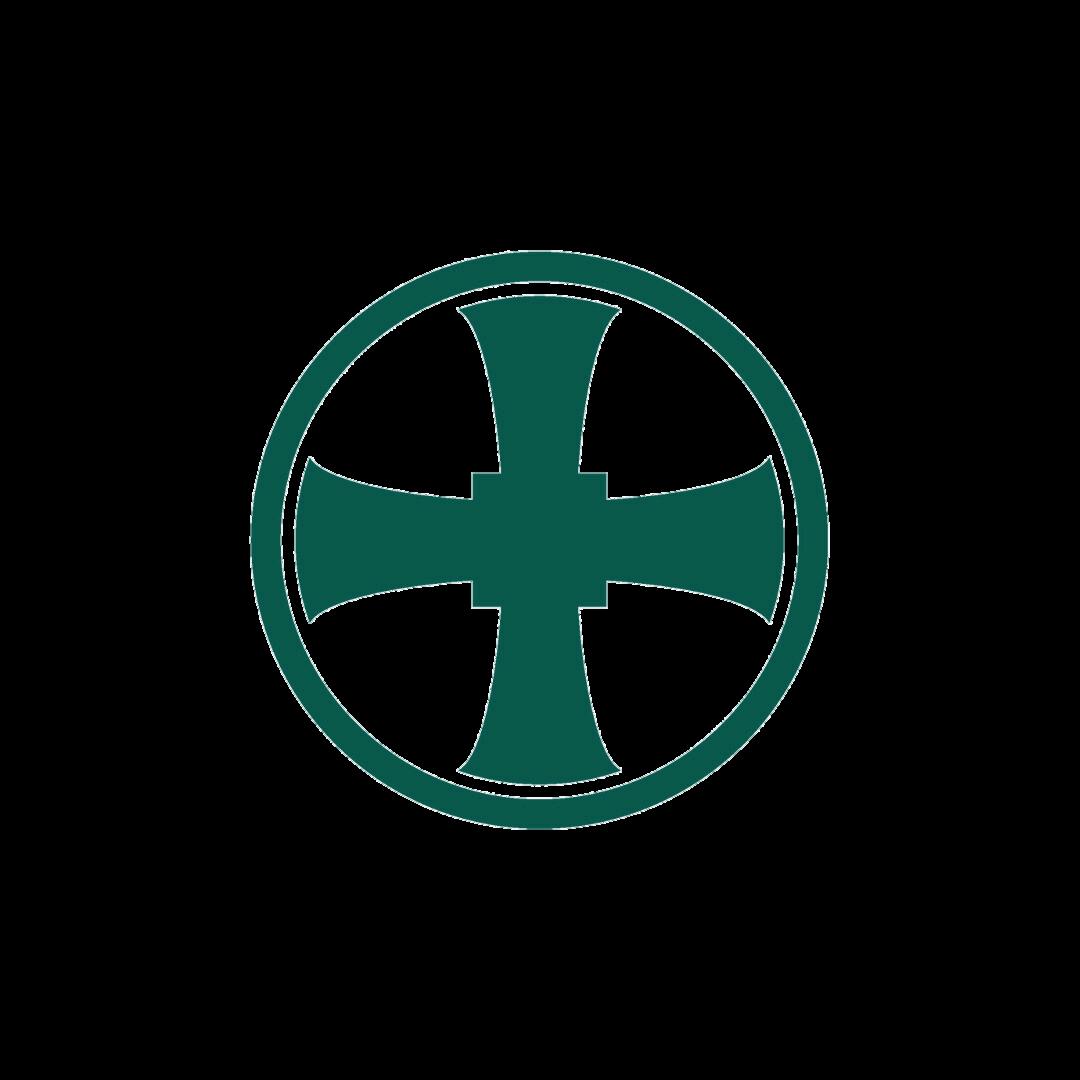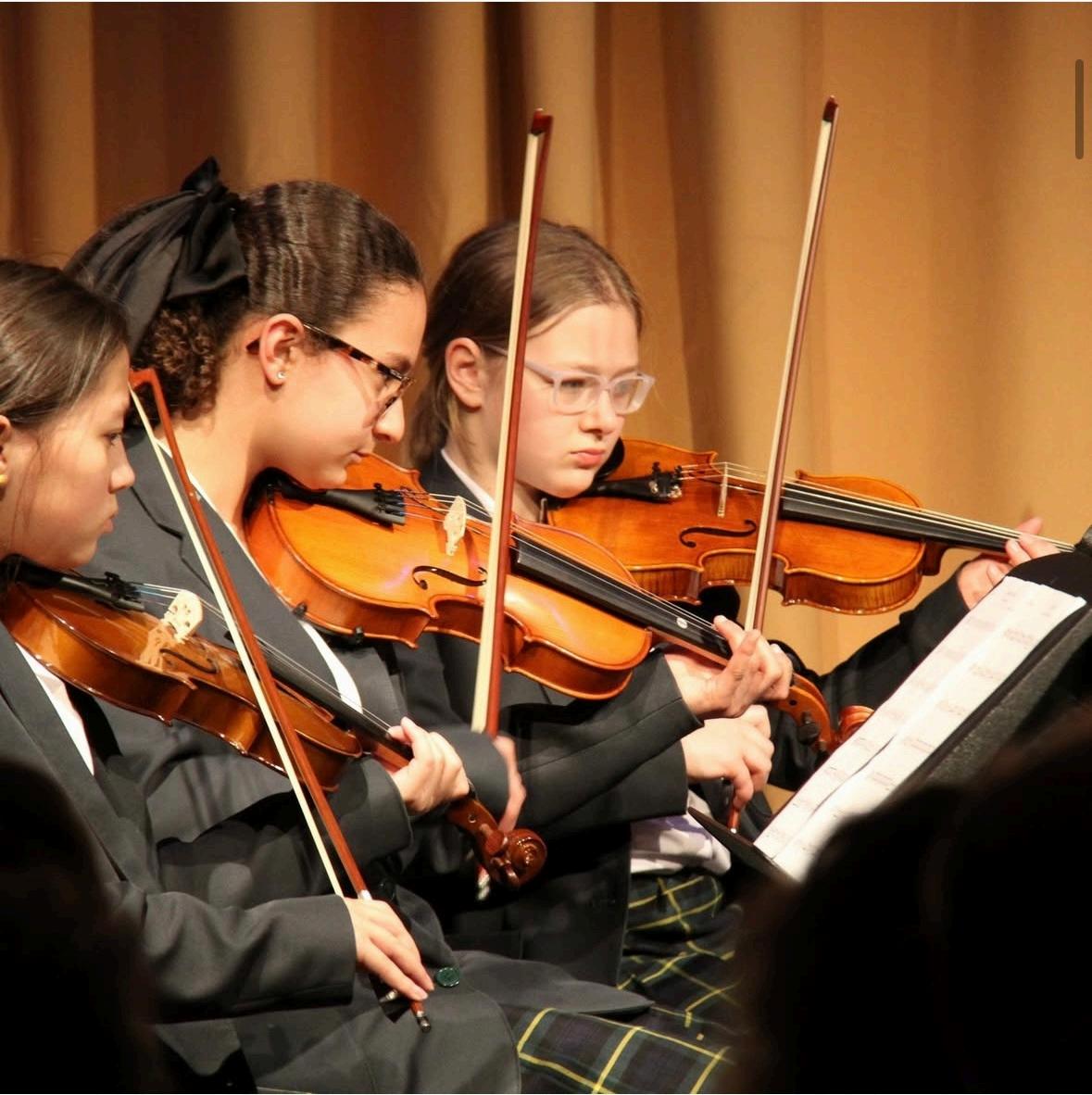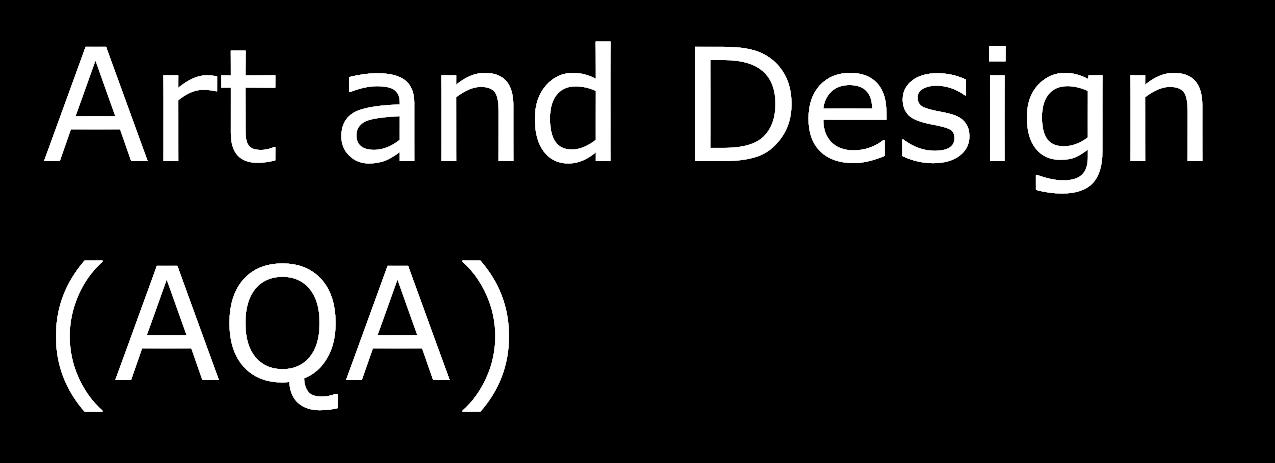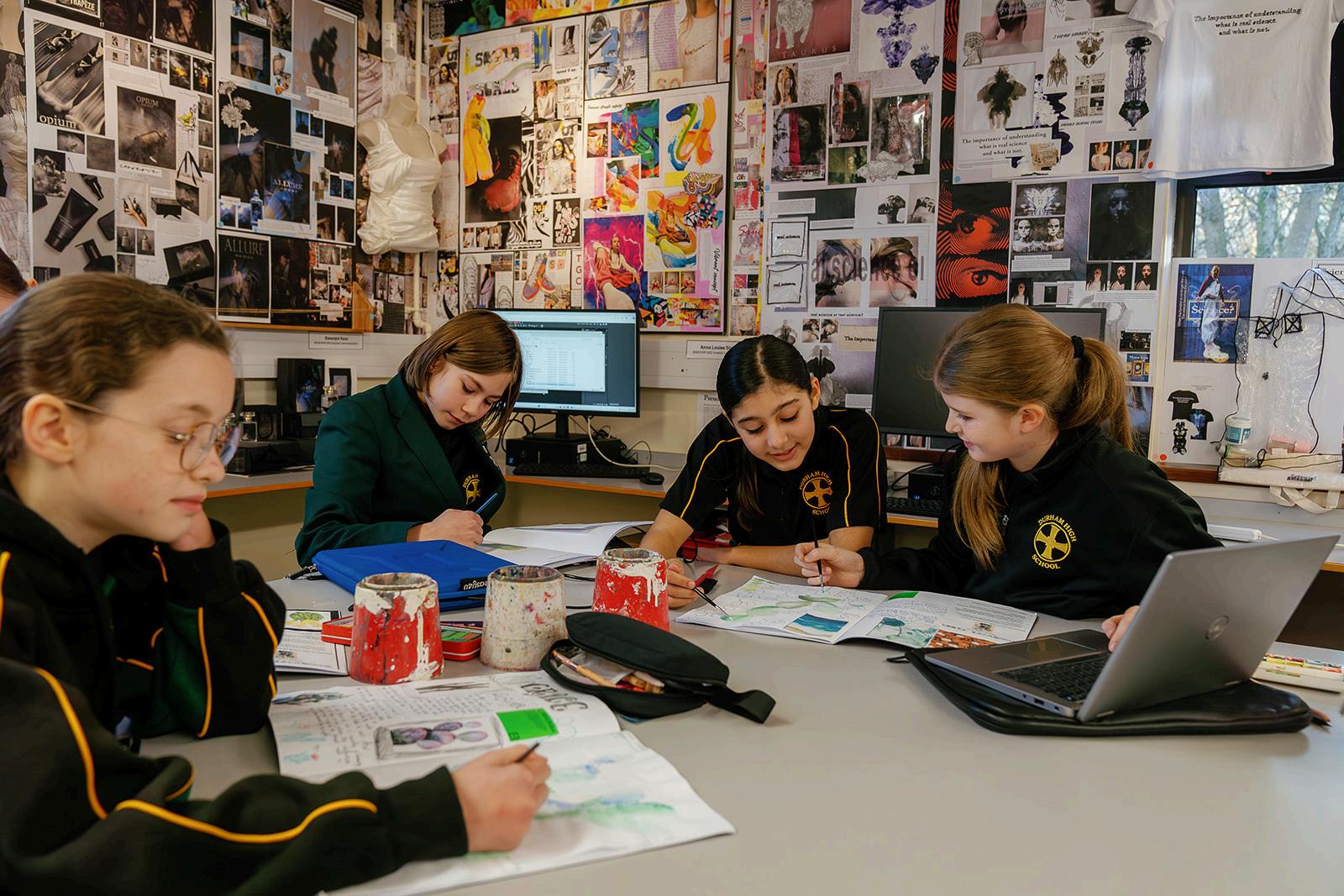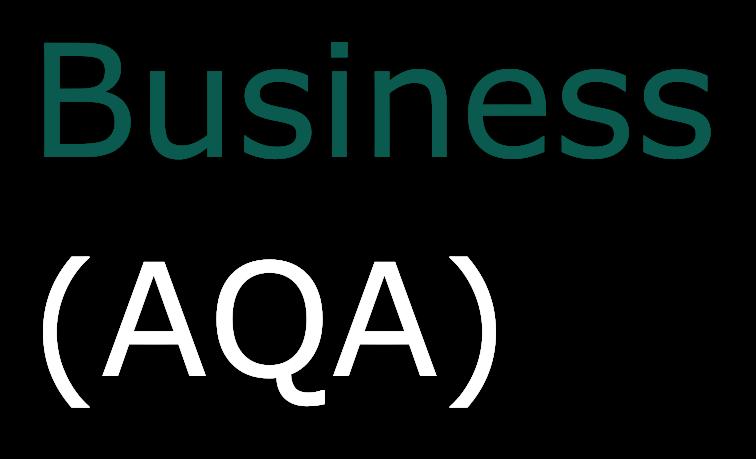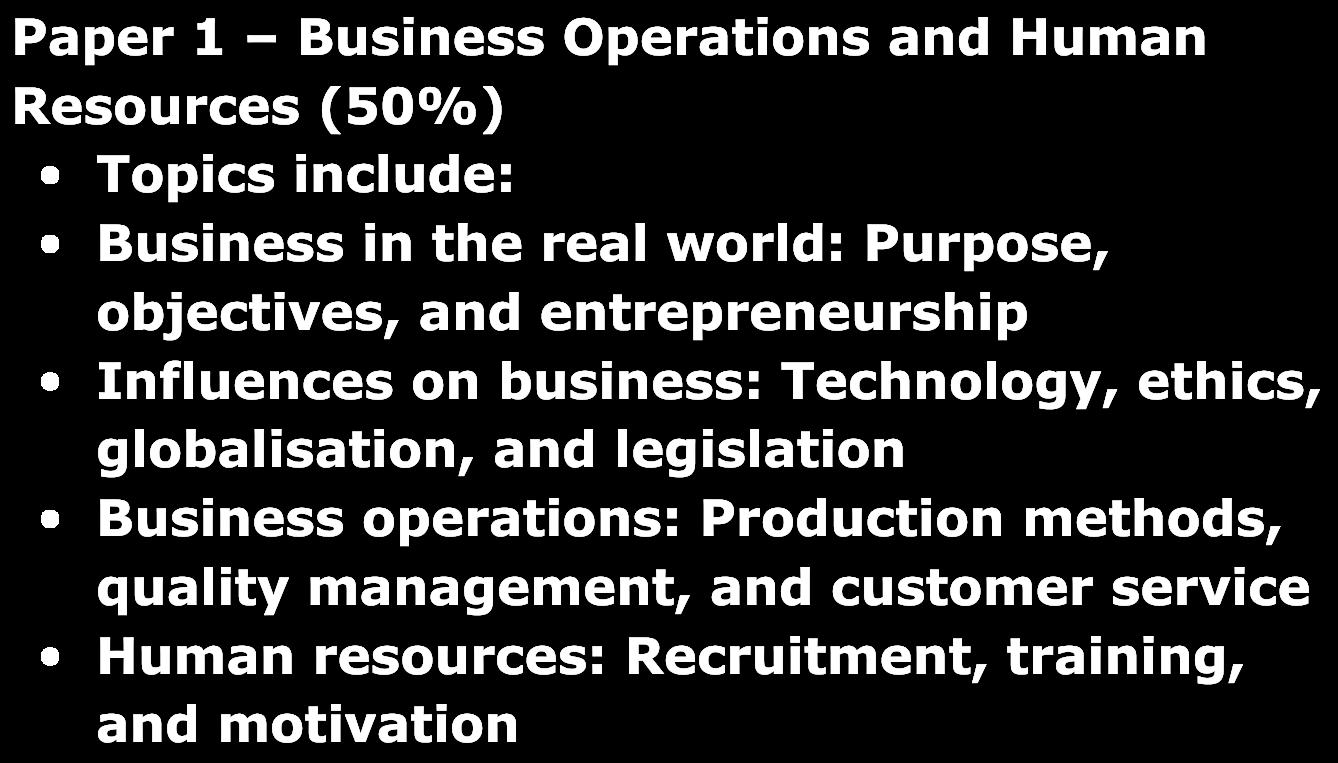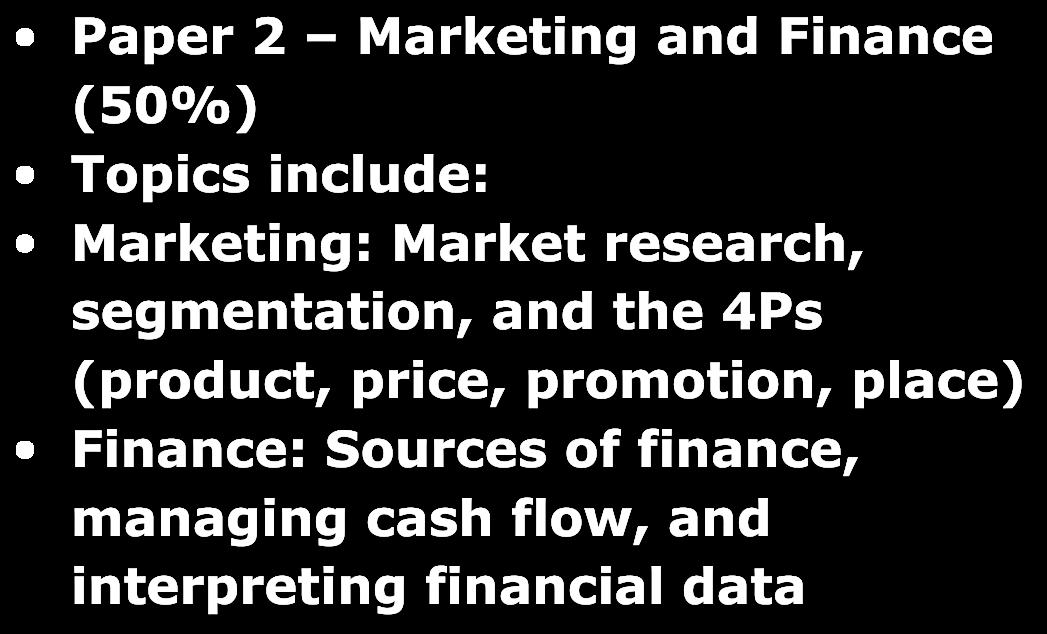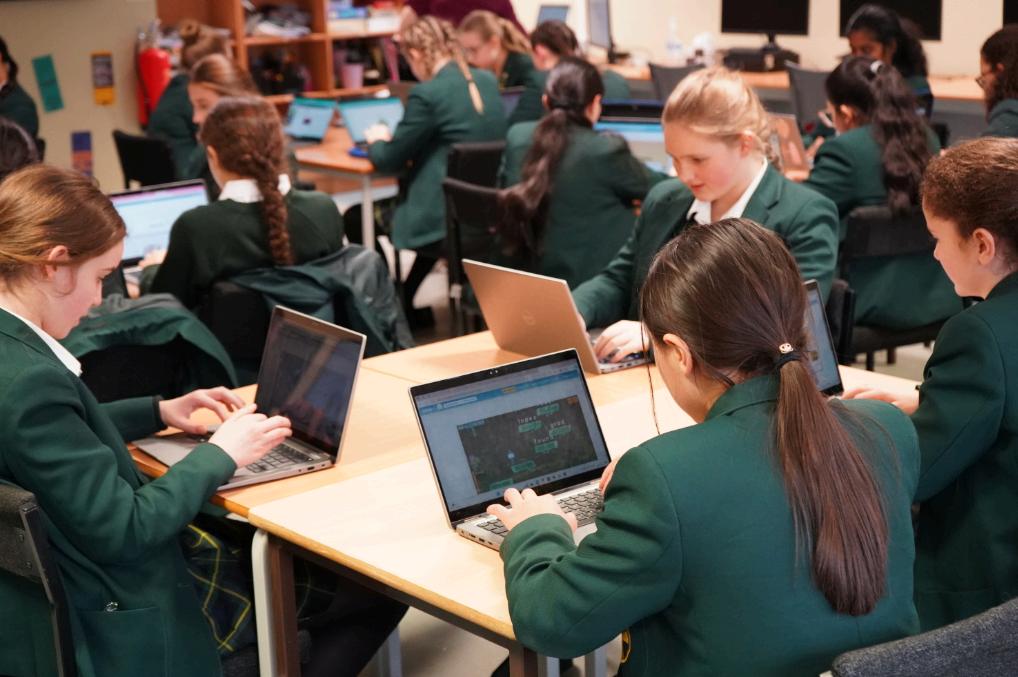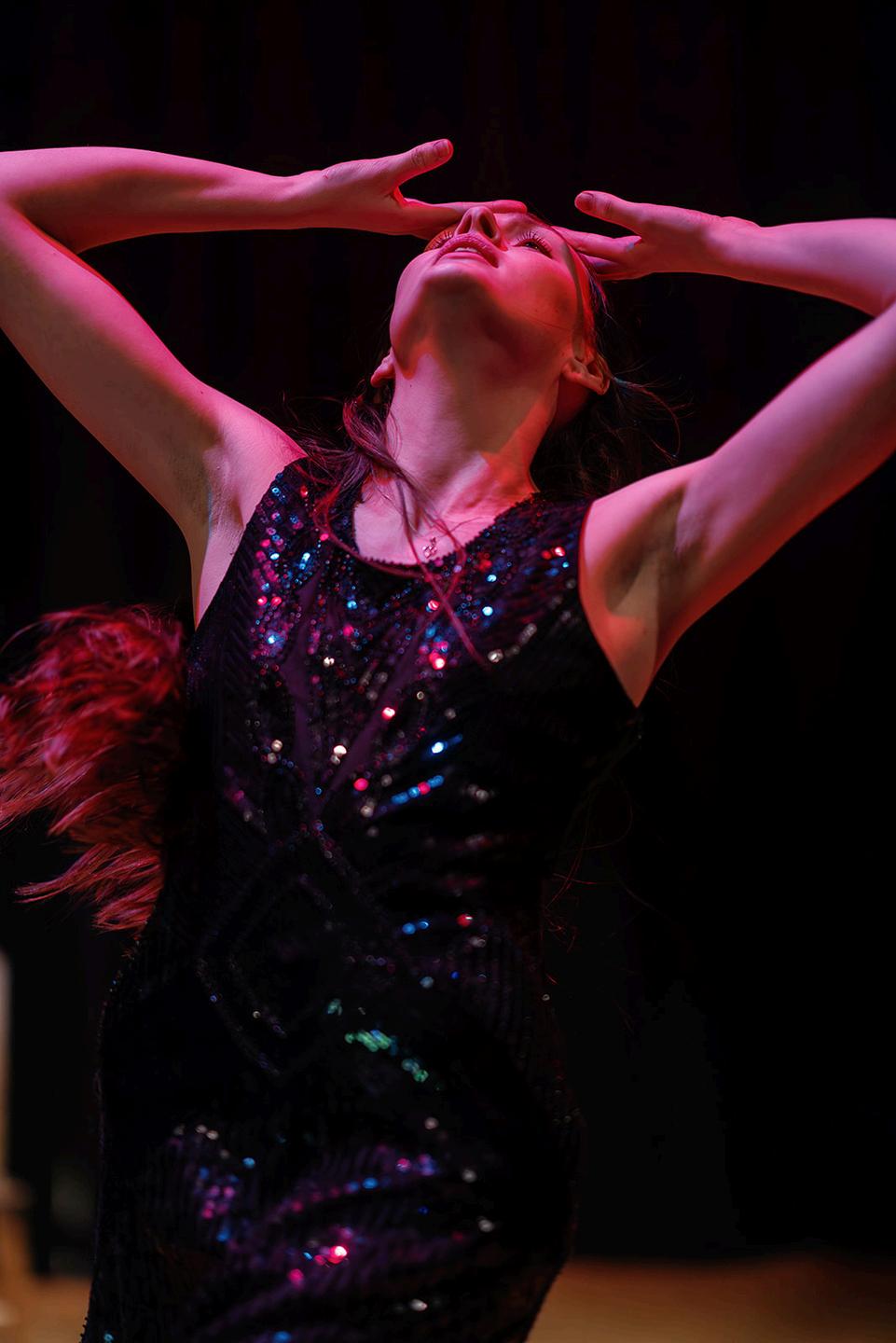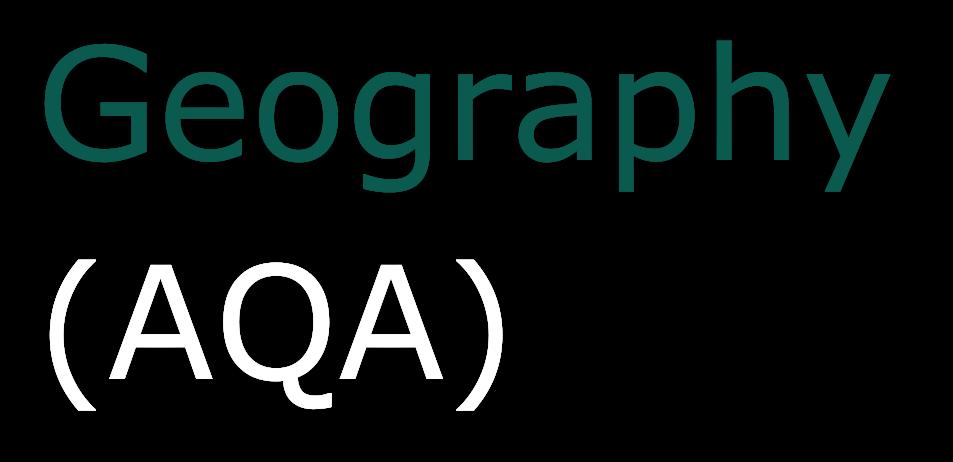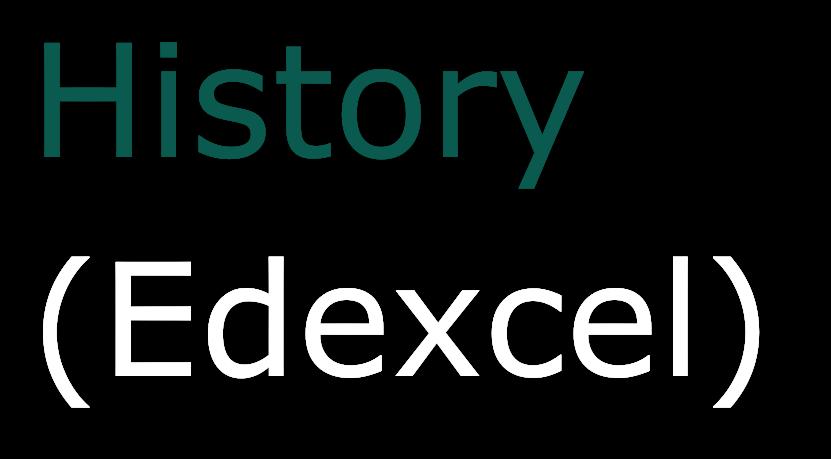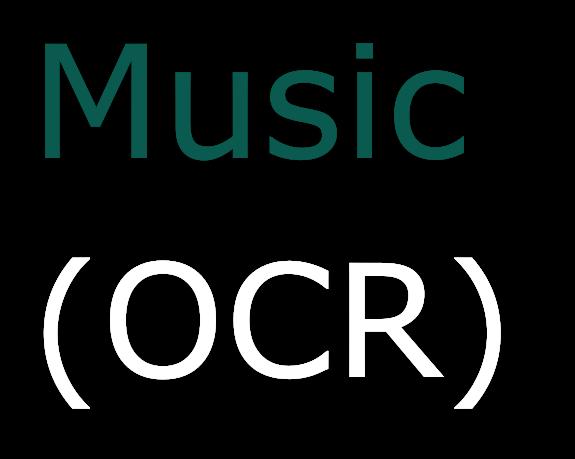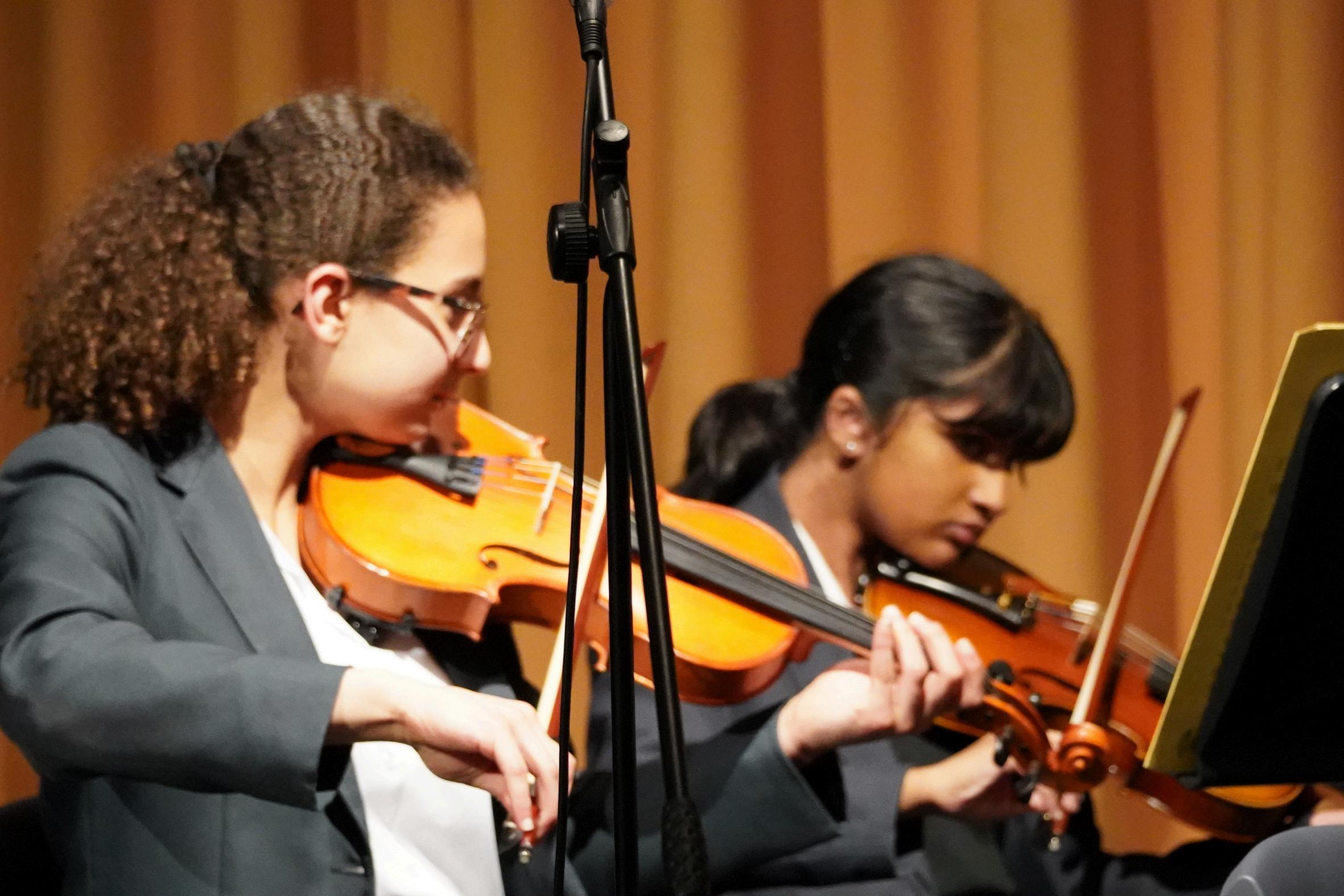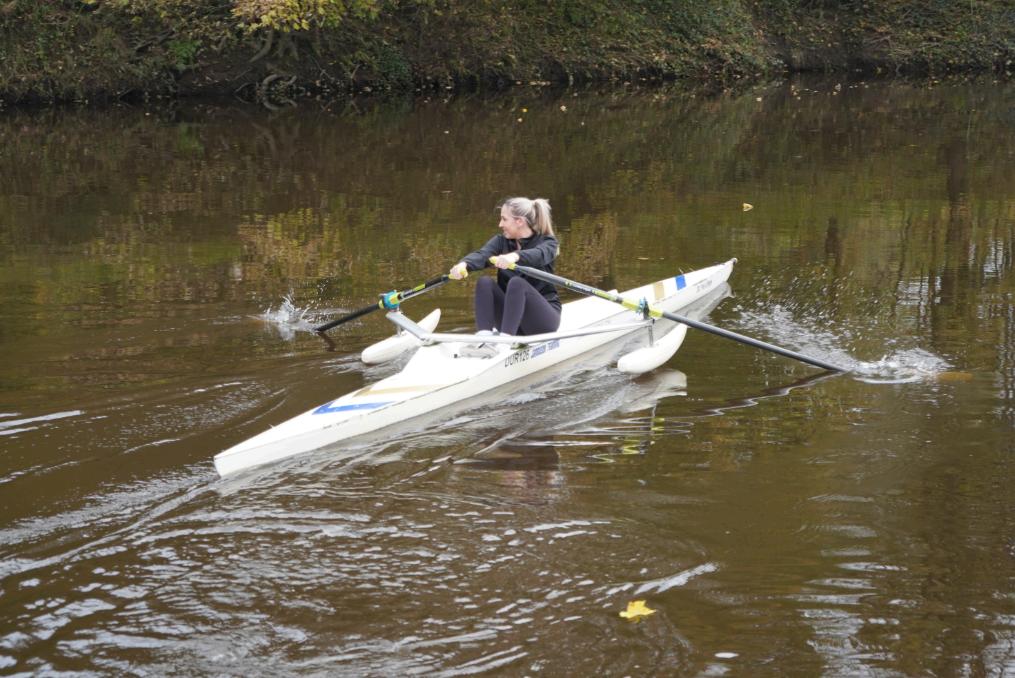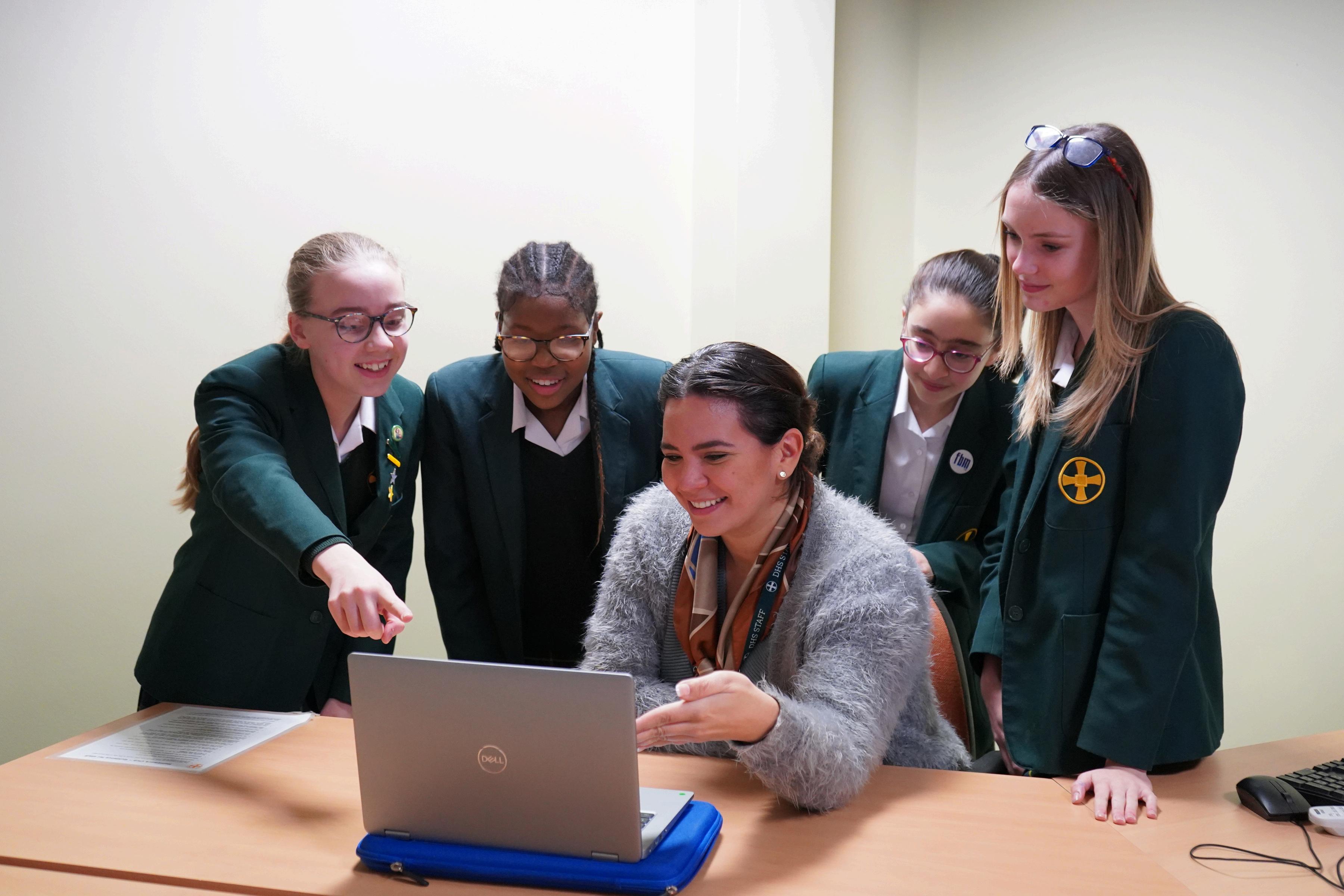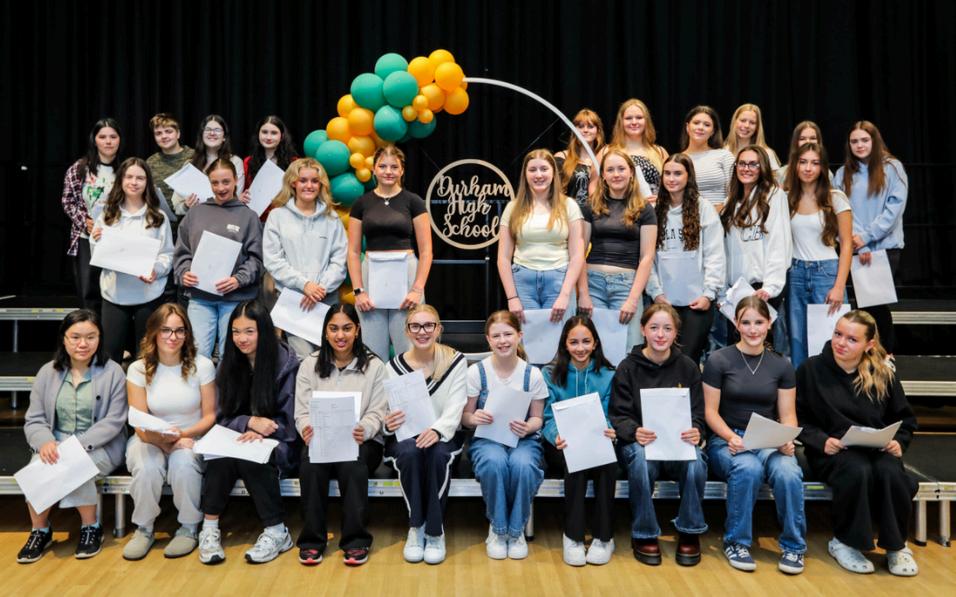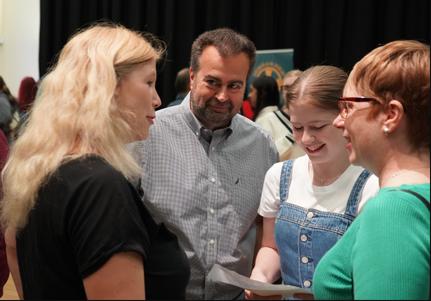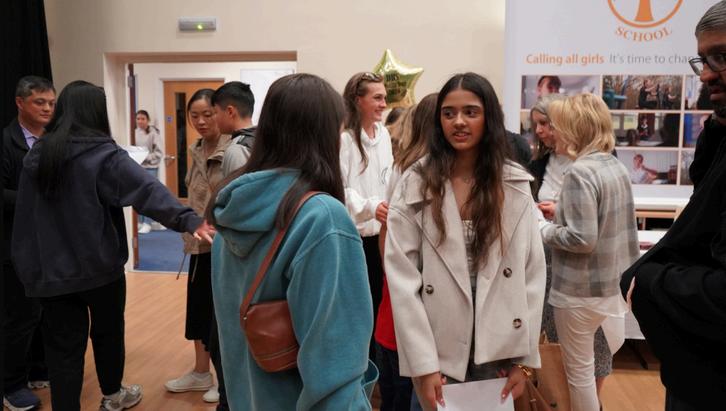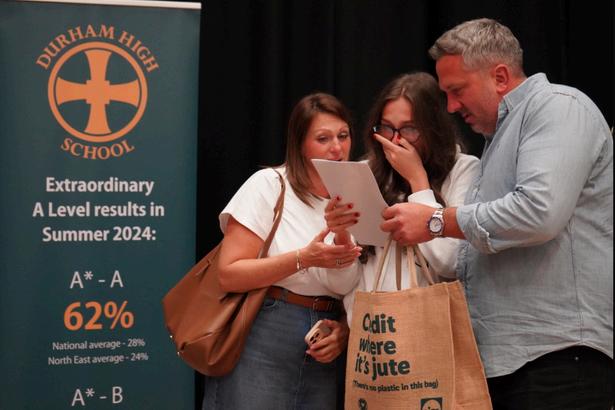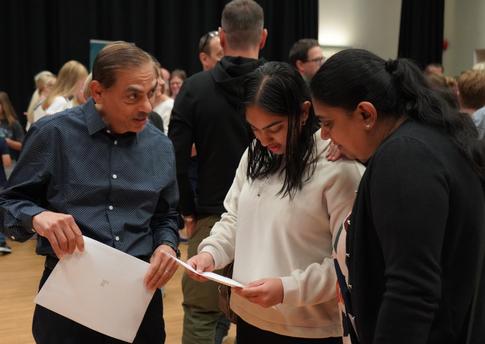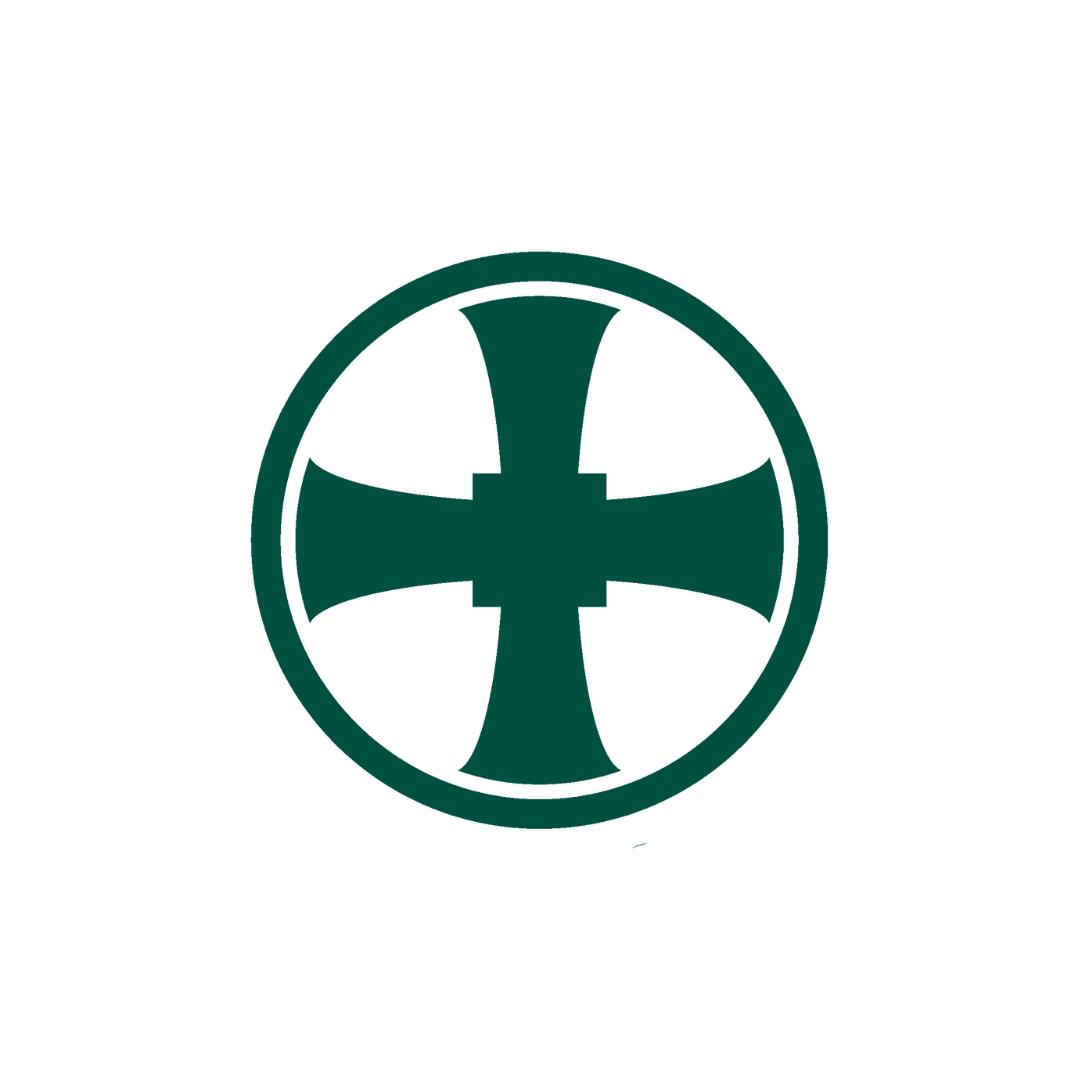Teaching and Learning at GCSE Level
GCSE studies mark a significant step in your academic journey, with teaching and learning tailored to help you achieve your best. Lessons are designed to be engaging, interactive, and challenging, encouraging you to think critically and work independently. You will have access to a wide range of resources and support from experienced teachers who are committed to helping you succeed. This is also a time to refine your study habits, develop effective revision techniques, and take ownership of your learning. By embracing these opportunities, you will be well-equipped to meet the demands of GCSEs and build a strong foundation for the future.
Pastoral Care
As a Key Stage 4 student, you’ll remain part of a form group led by a dedicated Form Tutor. Our shared goal is to ensure that every girl is happy and thrives both inside and outside the classroom. Preparing for GCSEs can feel challenging at times, so developing strong time-management skills will be essential. If you encounter any difficulties—whether pastoral or academic—please don’t hesitate to speak to your Subject Teachers or Form Tutor. We are here to support you through these pivotal years.
Head of Year 9
Subject
English
Mathematics
Science - Biology
Science - Chemistry
Science - Physics
Art and Design
Business
Computing
Drama
Geography
History
Learning support
Modern Foreign Languages
Music
Physical Education
Religious Education
Mrs H O’Neill h.oneill@dhsfg.org.uk
Mrs D Gellately d.gellately@dhsfg.org.uk
Mrs B Wildish b.wildish@dhsfg.org.uk
Mrs J Newby j.newby@ dhsfg.org.uk
Miss E Brook e.brook@ dhsfg.org.uk
Mrs L Platt l.platt@ dhsfg.org.uk
Mrs J SneddonBrown j.sneddon-brown@dhsfg.org.uk
Miss M Morales m.morales@dhsfg.org.uk
Miss R Turner r.turner@dhsfg.org.uk
Mrs J Lonsdale j.lonsdale@dhsfg.org.uk
Mrs L Gardner l.gardner@dhsfg.org.uk
Mr R Coates r.coates@dhsfg.org.uk
Mrs A Lee a.lee@dhsfg.org.uk
Mme G Colon g.colon@dhsfg.org.uk
Mrs C LawrenceWills Mrs C Crinson
c.lawrencewills@dhsfg.org.uk c.crinson@dhsf g.org.uk
Mrs J Slane j.slane@dhsfg.org.uk
Miss R Shoulder r.shoulder@dhsfg.org.uk
English Language and Literature
Mathematics
Biology
Chemistry
Physics
Combined Sciences
Art and Design
Business
Computer Science
Drama
Geography
History
French and Spanish
Music
Physical Education
Religious Studies Page 12 Page 14 Page 16 Page 17 Page 18 Page 19 Page 21-22 Page 23 Page 24 Page 25 Page 26 Page 27 Page 28 Page 29 Page 30 Page 31
All students will study the following core subjects during Years 10 and 11:
English Language
English Literature
Mathematics
Science: Students will follow either the Separate Science (three GCSEs) or Trilogy Science (two GCSEs) pathway.
In addition to these GCSE subjects, the curriculum includes:
Physical Education (PE)
PSHCCE: Personal, Social, Health, Citizenship, and Careers Education.
Religious Education (RE)
These additional components support students’ personal development and wellbeing, ensuring a well-rounded educational experience.
Options Subjects
Art and Design: Explore Fine Art, Graphics, or Textiles.
Business: Understand the world of commerce and entrepreneurship.
Computer Science: Develop coding skills and learn about computing principles.
Drama: Express creativity and build confidence in performance.
Geography: Study the physical and human landscapes of our world.
History: Delve into the events and forces that have shaped our past.
Modern Foreign Languages: Choose between French and/or Spanish to build linguistic and cultural fluency.
Physical Education: Combine physical activity with the science of performance.
Religious Studies: Investigate moral, philosophical, and religious perspectives.
The following pages provide detailed information about each subject to help students make informed choices. For further guidance, students are encouraged to discuss their options with their subject teacher, Head of Department, Form Teacher, or Head of Year.
As a core subject, GCSE English Language is compulsory for all our pupils, developing further the essential skills of reading, writing, speaking and listening required for whatever path they choose to take. It encourages creativity, critical thinking, and the ability to analyse a range of texts. This course provides essential skills for further study and future employment.
This will require the study of a range of prose literary and non-fiction from the 19th to the 21st century in order to examine writers’ techniques. The pupils’ own creative and informative writing will be assessed, as will their speaking and listening skills in a formal presentation.
Both exams are taken at the end of Year 11 and include unseen texts.
This is a separate assessment that evaluates presentation and verbal communication skills. Spoken Language is assessed by the teacher and appears as an endorsement to English Language (Pass, Merit or Distinction).
GCSE English Literature is compulsory at the High School, and the course develops pupils’ understanding of our literary heritage. The English Literature GCSE allows students to explore a variety of texts, from classic plays to modern poetry, fostering a deep understanding of themes, characters, and literary techniques. This course enhances critical thinking, empathy, and the ability to construct arguments—skills that are vital in many careers and further education. It complements English Language and enriches understanding of culture and history.
This course provides the opportunity to study a selection of texts from our literary heritage, covering prose, poetry and drama texts and ranging over time from Shakespeare to more contemporary works.
Mathematics is a compulsory subject providing a coherent discipline in its own right, a qualification required by most employers and many universities, and an essential foundation for the study of science and other subjects at A Level and beyond. Mathematicians develop to a high level their ability to think with precision and to analyse problems logically and quickly. These are skills valued by a wide range of employers.
The current specification contains up to 50% more content to ensure that it is fit for a more technological society. Given this increased content and complexity it is most likely that pupils in Sets A and B will follow the Higher course and pupils in Set C will follow the Foundation course.
The syllabus is broken down into three assessment objectives and then subdivided into five content domains. Relative weightings differ between Foundation and Higher as follows Pupils will start their GCSE course after the Year 9 summer examinations to ensure good progress is made with a fuller syllabus in Years 10 and 11. The current course is designed to stretch the most able and better prepare them for A Level Mathematics whilst, at the same time, equipping the less able to cope with the increasing mathematical demands that will be made of them in their futures.
The Higher paper awards grades from 9 - 4, grade 3 is allowed. The Foundation paper awards grades from 5 - 1. Many employers and post 16 courses require Maths at grade 4 as a minimum requirement.
Examination (100%)
The full content will be examined in two x 2 hour papers. Both papers will carry equal weight and can include content from across the whole of the specification. Both papers require proficient use of a scientific calculator.
Under the current specification solving non-routine problems is much more important. As such, pupils will be taught to develop greater confidence when faced with unfamiliar situations and will be equipped with a range of skills to support their individual investigations.
This qualification bridges the gap for high-achieving students by deeply assessing higher-order mathematical skills, particularly in algebraic reasoning, to help them reach their full potential in Level 3 studies. It offers stretch and challenge beyond the Key Stage 4 curriculum and serves as an additional qualification alongside GCSE Mathematics, not a replacement. Building on prior knowledge from Key Stage 4, the content delves into algebra and geometry—critical areas for advanced study—with greater depth and breadth.
The qualification emphasises technical proficiency, rigorous argumentation, and problem-solving skills. It also introduces calculus and matrices while further developing competencies in trigonometry, functions, and graphs.
The AQA Level 2 Certificate in Further Mathematics is an untiered Level 2 linear qualification designed for learners who: have achieved or are expected to achieve grades 7–9 in GCSE Mathematics, and are likely to progress to A-Level Mathematics and possibly Further Mathematics.
a. Advanced manipulation and solving of equations
b. Algebraic reasoning and proof
c. Exploration of functions and sequences Algebra1.
2.Geometry
a. Advanced manipulation and solving of equations
b. Algebraic reasoning and proof
c. Exploration of functions and sequences
3.Calculus
a. Introduction to differentiation and its applications
b. Fundamental integration concepts
4.Matrices
a. Basic operations and applications of matrices.
5.Graphs and Functions
a. Analysis and interpretation of various types of graphs
b. Function transformations and compositions
AQA Level 2 Certificate in Further Mathematics (8365) consists of two written examinations: a non-calculator paper 1 hour 45 minutes and a calculator paper of two hours.
Biology is the study of the living world. This GCSE course covers fundamental biological concepts while exploring modern scientific advances, providing an excellent foundation for further study. Topics include antibiotic resistance (e.g., MRSA), stem cell research, embryo screening, cloning, genetic engineering, and GM crops.
Scientific knowledge is applied to investigate industrial, social, and environmental issues. Lessons combine theory and practical work, fostering skills such as experimental techniques, observation, communication, problem-solving, and teamwork.
Studying Biology opens doors to careers in Health and Food industries, including Medicine, Dentistry, Veterinary Science, Psychology, Sports Science, and Food Science. The skills gained are valuable in roles requiring equipment use, planning, teamwork, and report writing.
Cell biology 1. Organisation2. Infection and response 3. Bioenergetics4. Homeostasis and response 5. Inheritance, variation and evolution
6. Ecology7.
Questions:
Multiple choice, structured, closed short answer, and open-response.
15% of GCSE marks will be for practical skills and 10% of the marks in GCSE Biology will require mathematical skills.
Chemistry may conjure up images of test tubes and bubbling mixtures, or the fascinating Periodic Table with its symbols and patterns. But what is chemistry? Why does it matter? What do chemists do?
The GCSE course provides grounding in fundamental concepts of Chemistry and a platform to build upon for further study. Lessons are designed to foster original thinking and encourage questioning; essential for success in this subject. GCSE Chemistry also aids development of a range of skills desired by employers including application, processing, mathematical manipulation, attention to detail, recording and analysis.
Practical work is a vital part of Chemistry. Skills will be developed through regular practical work carried out in Years 10 and 11, including the eight required practicals.
A qualification in Chemistry is essential for anyone intending to study Medicine, Dentistry, Pharmacy or Veterinary Science and other medical courses, as well as some engineering disciplines and is desirable for many other Higher Education courses. Atomic structure and the periodic table 1. Bonding, structure, and the properties of matter 2.
Questions:
Multiple choice, structured, closed short answer, and open-response 15% of GCSE Chemistry marks will be for knowledge and skills developed in carrying out the required practicals and 20% of the marks will require mathematical skills.
Physics is the study of the entire universe; from the structure of the nucleus of an atom to the structure of the entire universe and everything in between.
As well as building a knowledge of the principles that underpin all of Science, Physics builds skills; data handling, processing and presentation, analysing information and drawing conclusions based on evidence, mathematical and graphical skills, using and interpreting technical language, planning projects and carrying out investigations.
The knowledge and skills you will acquire will be useful in a wide range of future careers; Engineering, Medicine, Dentistry, Veterinary Science, Finance, Business, Journalism, Optometry, Architecture, Computer Programming, Software Design, to name but a few.
The course consists of eight topics and ten required practical exercises.
The topics are;
1. Energy
2. Electricity
3. Particle model of matter
4. Atomic structure
5. Forces
6. Waves
7. Magnetism and electromagnetism
8. Space physics
Each paper is
• Written exam: 1 hour 45 minutes
• Foundation or Higher Tier
• 100 marks
The papers carry equal weighting. Questions on each paper will be a combination of multiple choice, structured, closed short answer and open response.
This counts as two GCSEs. The three separate areas of science are taught by specialist teachers.
The specification continues to develop the work done in KS3 and maintains the distinctive nature of the three separate Sciences. Practical work is a vital part of any Science course. Skills will be developed in regular practical work through Years 10 and 11 including the sixteen required practical activities that must be carried out.
Cell Biology
Organisation
Bioenergetics
Infection and response
Homeostasis and response
Inheritance, variation a
evolution
Ecology
Pupils will complete six written papers at the end of Year 11: two Biology, two Chemistry, and two Physics papers. Each written paper will be 1 hour and 15 minutes, 70 marks. There are two tiers of examination, Higher and Foundation.
15% of GCSE Combined Science: developed in carrying out the required practical activities and will require mathematical skills.
In Art and Design at GCSE level, there are four different kinds of course you can choose from:
Fine Art
Graphic Communication
Textile Design
Photography
Each subject leads towards a GCSE qualification in that specialism. This gives you the chance to develop basic Art and Design skills and then merge these skills into ideas and artwork determined by your personal response to the projects set in that course. By the time you start a GCSE course in Art and Design you will be familiar with most of the skills and techniques required for success. At GCSE you will be able to go much further with your ideas; you will have the time to explore themes in more depth and with greater freedom, in any medium, based on decisions taken by yourself. The course is very flexible and will suit all approaches and styles.
If you have the interest, enthusiasm and energy, Art will open up opportunities to demonstrate your imagination and creativity, providing you with immense satisfaction with your results and setting you apart from others; useful when compiling interests for university entrance.
All courses are structured in the same way and have the same assessment objectives:
Coursework Portfolio (60% of the final mark)
The portfolio is all the project work that you create during years 10 and 11; both preparatory work and final pieces are assessed.
Externally Set Task (40% of the final mark)
The Set Task is an Examination Project that the pupils create at the end of Year 11. They select a question from an early release paper and have ten hours to create a project with advance preparatory work, leading to a final piece.
Students create practical and contextual work across various areas, including illustration, advertising, packaging design, posters, print, communication graphics, computer graphics, multimedia, web design, and photography.
This course provides an excellent foundation for A-Level Graphic Communication, where students can explore fields like Illustration, Architecture, and Interior Design through project work, building on the skills developed during GCSE.
Students learn basic skills using digital SLR cameras, exploring portraiture, landscape, and experimental photography. Techniques include manipulating the camera, environments, and Adobe Photoshop for post-production.
The course mirrors other Art and Design disciplines, with two projects and one examination project. Cameras are available to borrow from school, though having one at home is helpful. Students also have access to studio equipment and software, making this an ideal starting point for further exploration of photography.
In Fine Art, we build on the materials and techniques explored in Years 7–9, including drawing, watercolour, gouache, acrylic, and occasionally oil painting. We also experiment with 3D work using clay, wood, or foamboard. Photography plays a key role in gathering details and improving observational drawing accuracy.
A passion for self-expression through drawing and painting is essential. Each coursework assignment (two in total, plus one examination piece) is guided by a specific brief.
The course also involves studying artists' work to understand their techniques, helping you refine and develop your own skills.
Students produce practical and contextual work in areas such as fashion, costume, printed and dyed fabrics, domestic textiles, and embellished or constructed textiles.
This course expands understanding and experimentation with advanced techniques through independently focused projects and workshop-style sessions. Combining contemporary and traditional ideas, students create imaginative pieces inspired by artists and materials. It is an ideal preparation for A-Level study and careers in Art and Design or other fields benefiting from creative thinking and research skills.
Business Studies explores the dynamic world of commerce, helping you understand how businesses operate and their role in society. From start-ups to global enterprises, you will learn how businesses make decisions, overcome challenges, and adapt in an ever-changing environment.
Studying Business is practical and engaging. You will develop critical skills such as decision-making, problem-solving, teamwork, and data interpretation. These skills are invaluable, whether you aspire to be a business owner in any field (e.g., medicine, law, or dentistry) or pursue a career in finance, economics, management, or marketing.
If you are curious about how businesses innovate, adapt, and grow, this subject is perfect for you. Whether you are interested in launching your own business, understanding the corporate world, or pursuing a career in a range of industries, GCSE Business provides the tools and knowledge to set you on the right path.
The AQA Business GCSE is assessed through two written exams at the end of Year 11. These papers include multiple-choice questions, short-answer questions and case study-based questions requiring longer, structured responses.
Business is a real-world subject, and we aim to bring it to life outside the classroom. Opportunities include:
Participating in enterprise challenges and competitions
Gaining insights from guest speakers from various industries
Computer Science is an academic qualification that develops an understanding of current and emerging technologies, how they work, and their practical applications. Students will learn to solve problems through programming, using languages such as JavaScript, SQL, and Python.
This qualification is highly relevant to the modern, ever-changing world of technology. It is a practical and creative subject where students apply classroom knowledge to realworld challenges, fostering invention and excitement. Computational thinking is at the heart of the course, equipping students with the skills to solve problems and design systems effectively.
Computer Science provides excellent preparation for A-Level study and beyond. It also offers a strong foundation for subjects requiring computational thinking and analytical skills, such as science and mathematics.
Students are to be given the opportunity to undertake a programming task(s) during their course of study which allows them to develop their skills to design, write, test and refine programs using a high-level programming language. Students will be assessed on these skills during the written examinations, in particular component 02.
Written Paper: Computer Systems which will consist of multiple choice, short answer and extended answer questions.
Written Paper: Computational thinking, algorithms and programming which will consist of writing and refining algorithms using the Python programming language.
Drama is an exciting, challenging and creative course that encourages you to develop a deeper understanding of the world in which you live. You will be considering and exploring the impact of social, historical and cultural influences on the development of drama. Your critical skills will be developed as you reflect upon and evaluate your own work as well as the work of others. You will study play texts, create your own original theatre works and perform extracts from published texts.
The Drama GCSE is assessed through a combination of written exams, practical performance, and coursework. For both practical components, you can choose to be assessed as a performer or a designer.
You will be expected to attend trips to local theatres to experience a variety of performances. Additionally, you will support extracurricular drama activities at Key Stage 3, applying the technical and design skills developed during the course. Participation in the Senior Play and the Main School Production is highly encouraged, offering valuable opportunities to further enhance your acting, performance, or technical expertise.
In a rapidly changing and increasingly globalised world, Geography helps you to make sense of the past, present and future. It is the study of places, what they are like, what life is like in them, and how and why they are being transformed. It is thought-provoking, fascinating and fun. You will develop an ability to understand a range of viewpoints and issues. Geography will feed your curiosity about places you visit and help you to understand current events and engage with creative solutions to the world’s problems.
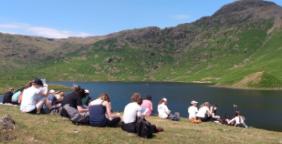



It is impossible to study Geography without leaving the classroom and fieldwork is an integral part of the course. It is a great opportunity to develop your teamwork and practical skills, as well as to study real world examples. We will stay overnight in Grasmere in the Lake District and investigate the impacts of tourism in a glaciated landscape. Additionally, we will research coastal processes and evaluate coastal defences, with a visit to the Northumberland coastline. Fieldwork is assessed through examination in Paper Three.
Do you enjoy argument? Are you fascinated by a great story? Are you a people watcher – analysing actions, emotions, beliefs? Do you enjoy research and sifting evidence? Is communicating and explaining your ideas important to you? These are just some of the things you can look forward to in GCSE History classes.
The GCSE course aims to connect history with the lives of students. Our tailormade programme of study is varied and intellectually exciting. This is achieved in three ways:
1.
Through a broad study of human history. We have chosen to follow a study of Crime and Punishment in Britain.
2.
By two focused depth studies looking at very different societies: Elizabethan England and Weimar and Nazi Germany.
3.
Through the study of a particular theme in a period of history. We will be studying the American West.
The study of a foreign language will help you to communicate with people of other nationalities, develop your understanding of different cultures and traditions and it may also give you broader opportunities when looking for jobs in the future. Many universities prefer applicants to have studied a language to GCSE level and a qualification at GCSE is obviously essential for language study beyond this level. We currently offer French and Spanish at GCSE. Pupils can opt to study one of these languages or both.
The course is divided into three Themes: (1) People and Lifestyle; (2) Popular Culture and (3) Communication and the world around us
Listening, Reading, Speaking, and Writing skills are equally weighted in the examination, each contributing 25% to the final grade. All skills are assessed through end-of-course examinations.
Examinations are available at two tiers: Higher and Foundation. Students must choose the same tier for all four skills.
The department offers exciting cultural trips to France and Spain on alternate years, providing students with the opportunity to immerse themselves in the language and culture of these countries. These trips enhance their learning experience by allowing them to practise their language skills in real-life contexts, explore historical landmarks, and engage with native speakers.
Music GCSE is the right choice for you if,
you enjoy playing an instrument or singing and want to continue to develop as a performer (you don’t have to have taken grades in your chosen instrument, but you will have been playing for a few years and/or be having instrumental or vocal lessons)
you enjoy composing your own pieces you want to learn more about the ways in which music is created, to increase your enjoyment of listening and playing you are prepared to work hard at activities which will challenge you and stimulate your interest in music you enjoy learning through a variety of activities and assignments
Is this you? If so, Music GCSE will be an exciting and fulfilling option and will be right for you.
Participating in extra-curricular music activities such as orchestra, chamber choir, rock band, or other ensembles can greatly enhance your GCSE Music experience. These opportunities allow you to develop performance skills, collaborate with others, and gain confidence in a variety of musical styles. Playing in an orchestra sharpens your ability to interpret written music, while chamber choir refines vocal technique and harmony work. Joining a rock band encourages creativity and improvisation. These activities provide valuable practice for your performance assessments, deepen your understanding of musical elements, and inspire ideas for your own compositions.



The AQA Physical Education specification introduces contemporary topics which will help to develop a well-rounded skill set. The specification is engaging, exploring exciting topics in physical activity and sport. 60% theory and 40% practical, allows you to continue participating in your chosen activities, alongside learning the reasons and theories behind your sports. To explore this demanding theoretical content, you will need to have energy, enthusiasm and a love for sport. You must be prepared to continue training out of school in at least two sports and take every opportunity to participate practically and competitively in your chosen activities. You must be prepared to have your performance analysed and to observe and analyse others.
Practical performance in three different physical activities (one team, one individual, and a third in either category) in a competitive environment. Analysis and evaluation of performance to improve in one activity.
A GCSE in Religious Studies opens doors to a wide range of future opportunities. As a student, you will explore ultimate questions and tackle pressing ethical issues facing the world today. You will develop skills in critical thinking, rational argument, and open-ended intellectual inquiry, all of which will support further studies and future employment. By studying two religions, you will gain insight into key religious, political, and social issues shaping our world.
Religious Studies is a respected academic subject, valued by employers and universities for the skills it cultivates. It also prepares you to engage with people of diverse cultures and beliefs—an essential ability in today’s global society.
We foster an enquiring, critical, and reflective approach to the study of religion. You will explore religious beliefs, engage with fundamental questions, and respond both intellectually and personally. You will understand different cultures locally, nationally, and globally, while supporting community cohesion.
The course is divided into two units, each assessed by a 1 hour 45 minute written paper.
Religious Education is an integral part of this curriculum, contributing to our goal of fostering understanding, tolerance, and critical thinking. Through RE, students engage with philosophical, ethical, and cultural questions, which helps them develop respect for others and an appreciation of the diverse world they will encounter in their adult lives.
These discussions encourage open-mindedness and equip students with the analytical skills to approach complex issues thoughtfully. Topics include belief in God, challenges to belief in God, life after death and the person of Jesus. These are studied through the lens of the six most represented religions in the UK and through philosophical and humanist perspectives.
In Year 10, the PSHCCE programme continues with a weekly lesson covering six key topics:
Drugs, Careers, Relationships and Sex Education, Health, Citizenship, and Financial and Economic Well-being. Students reflect on what they have learned, engage in discussions, and provide feedback to improve the programme's relevance to their lives. The programme reinforces Fundamental British Values, including the Rule of Law, Democracy, Tolerance, Respect, and Individual Freedom, integrated into all topics.
Drugs education addresses the societal impact of drug use, including issues like County Lines, family effects, and the struggles of celebrities with addiction.
Careers focuses on job applications, CV and cover letter writing, using LinkedIn, and refining career suggestions through the Morrisby Careers Advice Platform.
Relationships and Sex Education emphasises consent, fertility, contraception, parental responsibility, and the legal context of abortion in the UK.
Health explores stress, unhealthy coping strategies, cancer risk reduction, and the importance of screening and self-examination.
Citizenship examines how the UK government and Parliament work, political parties, and individual responsibilities as a citizen.
Financial and Economic Well-being covers loans, mortgages, scams like phishing and identity theft, and financial exploitation such as money mules.
In Years 10 and 11, the Careers Education and Guidance programme is delivered through PSHCCE lessons and other stand-alone sessions and is planned to enable pupils to develop both career and self-awareness, and career management skills. The pupils are encouraged to understand their strengths and weaknesses and to consider their personal interests and needs in order that informed decisions are made at appropriate stages.
During Year 10, the focus of lessons is on employability. Pupils undertake a series of sessions on employability skills, why they matter and how and when they can be developed. Year 10 take the Morrisby Online Assessment, a tool to inform them about themselves and their potential education and career routes. In Year 11, the focus is on work experience and applications. The girls are given guidance and support as they write their first CVs and letters of application. These are then used as they contact companies in order to secure work experience which takes place in the summer term after GCSEs.
In the Autumn term of Year 11, the pupils have an individual interview with the Careers Co-ordinator, a qualified Careers Adviser, obtaining feedback on their Morrisby Test results and also discussing potential career avenues and entry requirements. In the Spring Term, the pupils are also interviewed by a senior member of staff with more of a focus on Sixth Form options. In this way we can ensure that they make relevant, informed choices for their post-16 education. There is also a Sixth Form Presentation Evening for parents and pupils as well as a Year 11 Parents’ Evening where A-level choices can be discussed. Pupils will meet members of the current Sixth Form and will have the opportunity to “be a Sixth Former for a Day” and access A Level taster lessons and experience the Sixth Form facilities in the Spring Term.
In developing both career and self-awareness and career management skills, pupils are enabled to leave school well-equipped and confident in their ability to meet the challenges of adult life, including the demands of a rapidly changing world. They are encouraged to take responsibility for their own personal career paths and to see the inevitable changes in modern society as an opportunity rather than a threat.
The Careers Office and Library are housed within the Hurworth Building. The Careers Co-ordinator offers an “open door” policy for anyone requiring individual careers information, advice and guidance.
Girls at Durham High School celebrated their GCSE results with nearly a quarter of all grades awarded at the top Grade 9. One in five grades was an A*. GCSEs saw 24% at Grade 9 and 48% at Grades 8-9. Language GCSEs stood out, with 41% achieving a Grade 9.
Among the top achievers was Darcy, who won a national poetry competition. She said: “I’m delighted. My best result was a Grade 9 in RE—improving from a 6 in my mocks thanks to my teachers’ support.”
Chloe, who earned seven Grade 9s, looks forward to studying Biology, Chemistry, Maths, and Further Maths in the Sixth Form. A UK Youth Parliament representative, she said: “Durham High has given me the confidence to push myself while feeling supported.”
Kate, said: “I’m so happy with my GCSE results. I couldn’t have asked for anything more. The community at the high school, with small classes and fantastic teachers, has helped me greatly.”
“We

